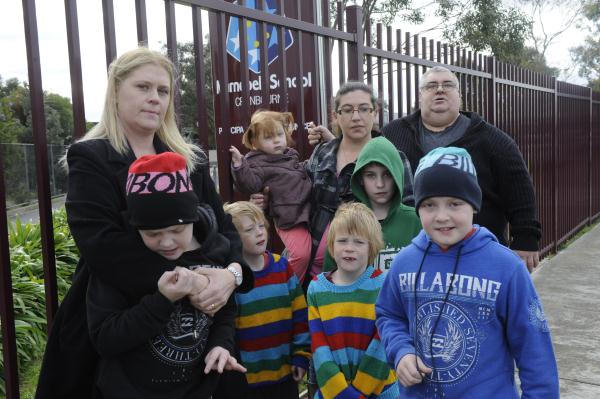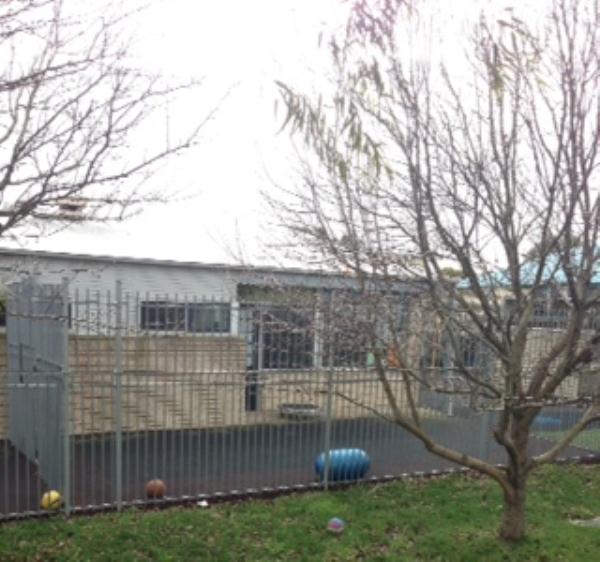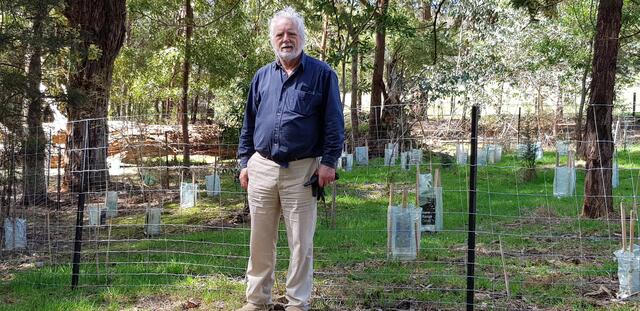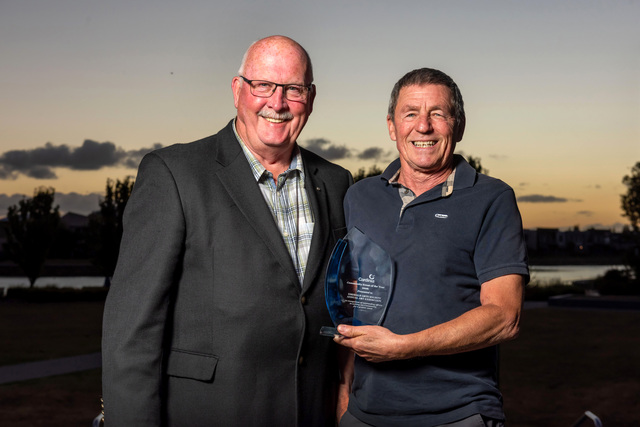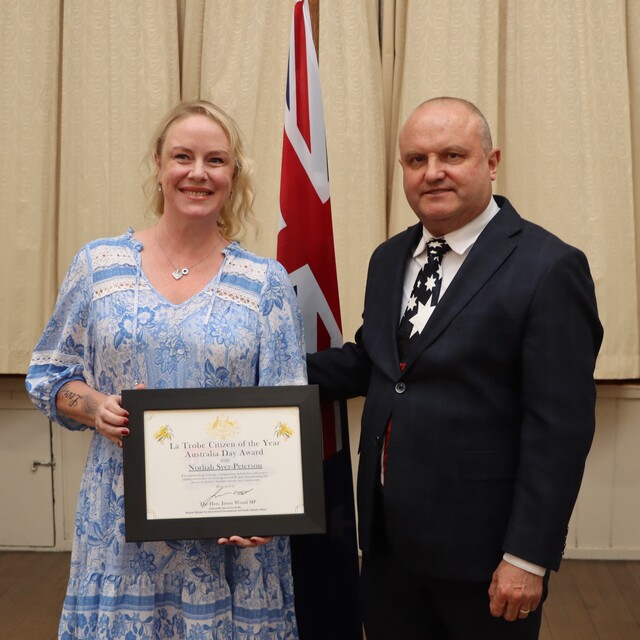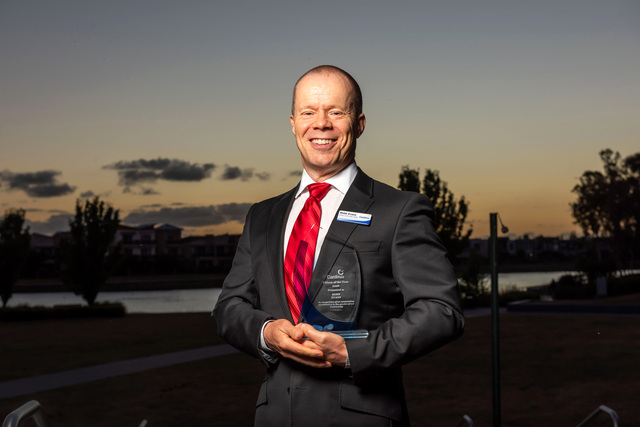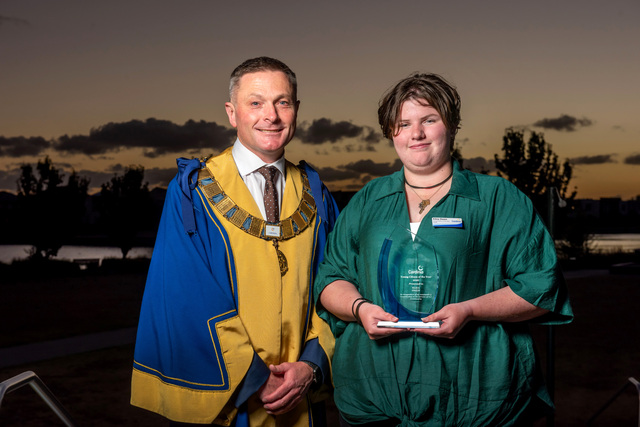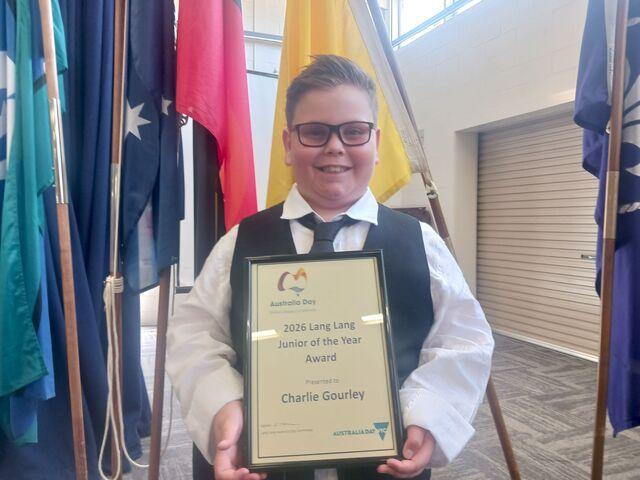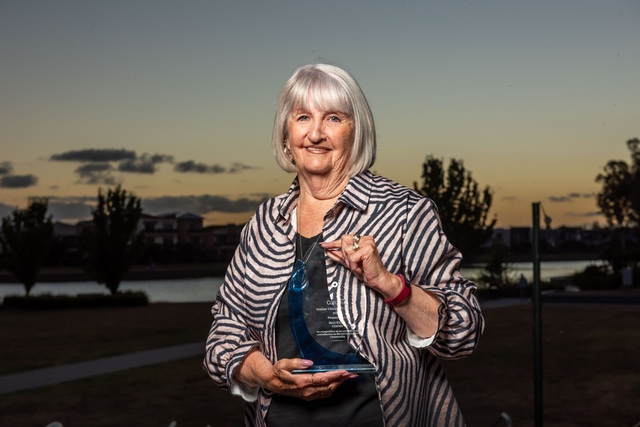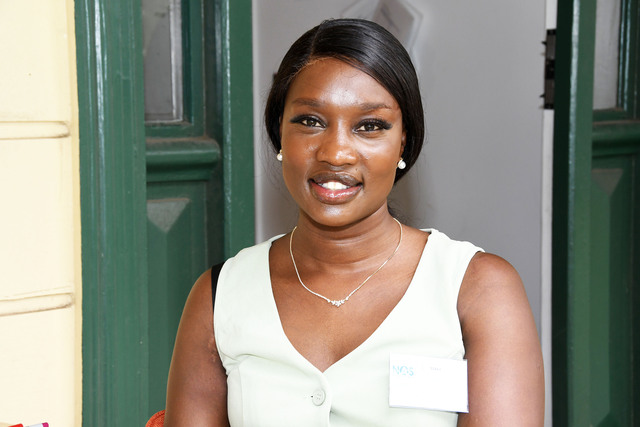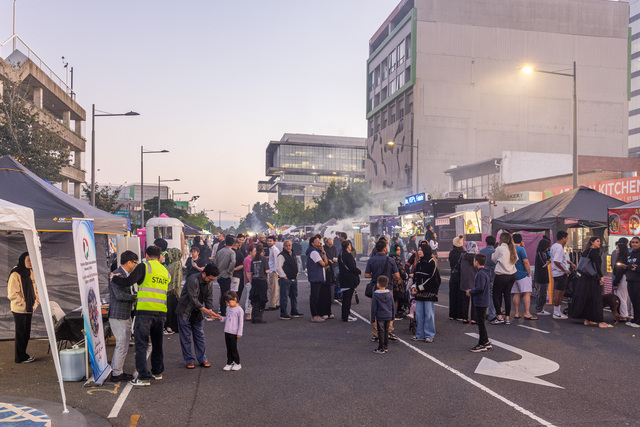By LIA SPENCER
A SPECIAL school in Casey has defended their methods of dealing with students who display challenging behaviours.
Several parents have pulled their students from Marnebek School in Cranbourne due to complaints about the school’s discipline policies and the “prison-like” outside settings.
One of the parents has taken her complaints to the Victorian Civil and Administrative Tribunal (VCAT) on the grounds of discrimination, and use of seclusion and restraints.
But Principal Karen Dauncey said the school was very caring, the teachers at the school were extremely dedicated to their work and the students at the school were at the centre of everything they did. She also denied accusations from the parents that the outside area was “caged-in” and said the courtyard was a fantastic sensory garden for students.
The parent taking her concerns to VCAT is Narre Warren woman Rachael Woolley, mother of twins Jake and Cooper who both suffer from severe non-verbal autism.
Ms Woolley transferred her sons to another school. She said Jake was isolated in a fenced-in outside courtyard, physically restrained during school assemblies and led down halls with wrist straps.
She said Jake was not violent or aggressive but his behaviour could be challenging and thought there were more appropriate ways of dealing with his behaviour than to seclude him in a ‘prison-like’ cage.
Rebecca Cobb, mother of 10-year-old Tristan who has autism, pulled her son from the school a year ago after complaints the staff were unable to handle him.
Ms Cobb, from Cranbourne, said Tristan was also being secluded but instead of being sent outside, he was isolated in a room.
She said she thought there needed to be more experienced staff at the school and they needed to implement a better policy.
Ms Cobb said she made numerous suggestions to teachers about how to deal with her son, but many of them weren’t taken on board.
Chris Scandolera said he decided to send his twin boys Harley and Matthew to a new school last year after numerous issues with the school. The twins have autism, developmental delay and behavioural issues.
He said there was a lack of communication between him and the teachers, and they did not listen to any of his suggestions to help them deal with any problems concerns Harley and Matthew’s behaviour.
Mr Scandolera said he was also aware of the boys being isolated in a room or sent outside for time-outs. He said since switching schools, the boys’ development and behaviour had improved significantly.
Julie Phillips, a disability advocate who works mainly in the area of disability and education, said seclusion was a publishment used by many schools in response to behavioural issues, instead of using positive behaviour intervention.
“This is practiced psychology,” Ms Phillips said.
“It involves getting a psychologist to do a behavioural assessment to find out why they are behaving the way they are and what it is about their environment that is distressing them.”
Ms Dauncey said she was unable to comment on any individual child but wanted to reassure the public that the school was very caring and teachers who chose to work in a special school setting were extremely committed to the students and their work.
“While I am not able to comment on any individual child, we don’t and would never have caged areas at our school,” Ms Dauncey said.
“What we have are small outside areas attached to the junior classrooms for quiet time, lunch play or small learning groups. This area is accessed and overlooked by glass windows and a glass door – a bit like a family room in a home would be divided by glass to the outside patio. Some children spend a few minutes in this area watched by the teacher all the time and for longer periods during learning activities, a teacher may decide a child would benefit from quiet time in our fantastic sensory garden.”


